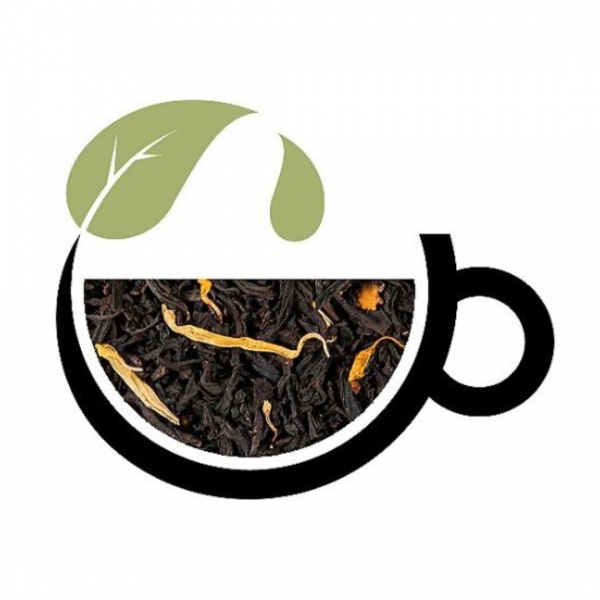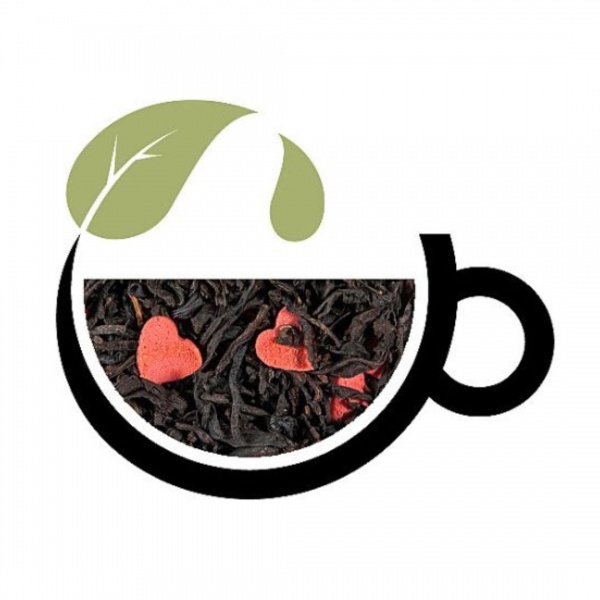Black Teas
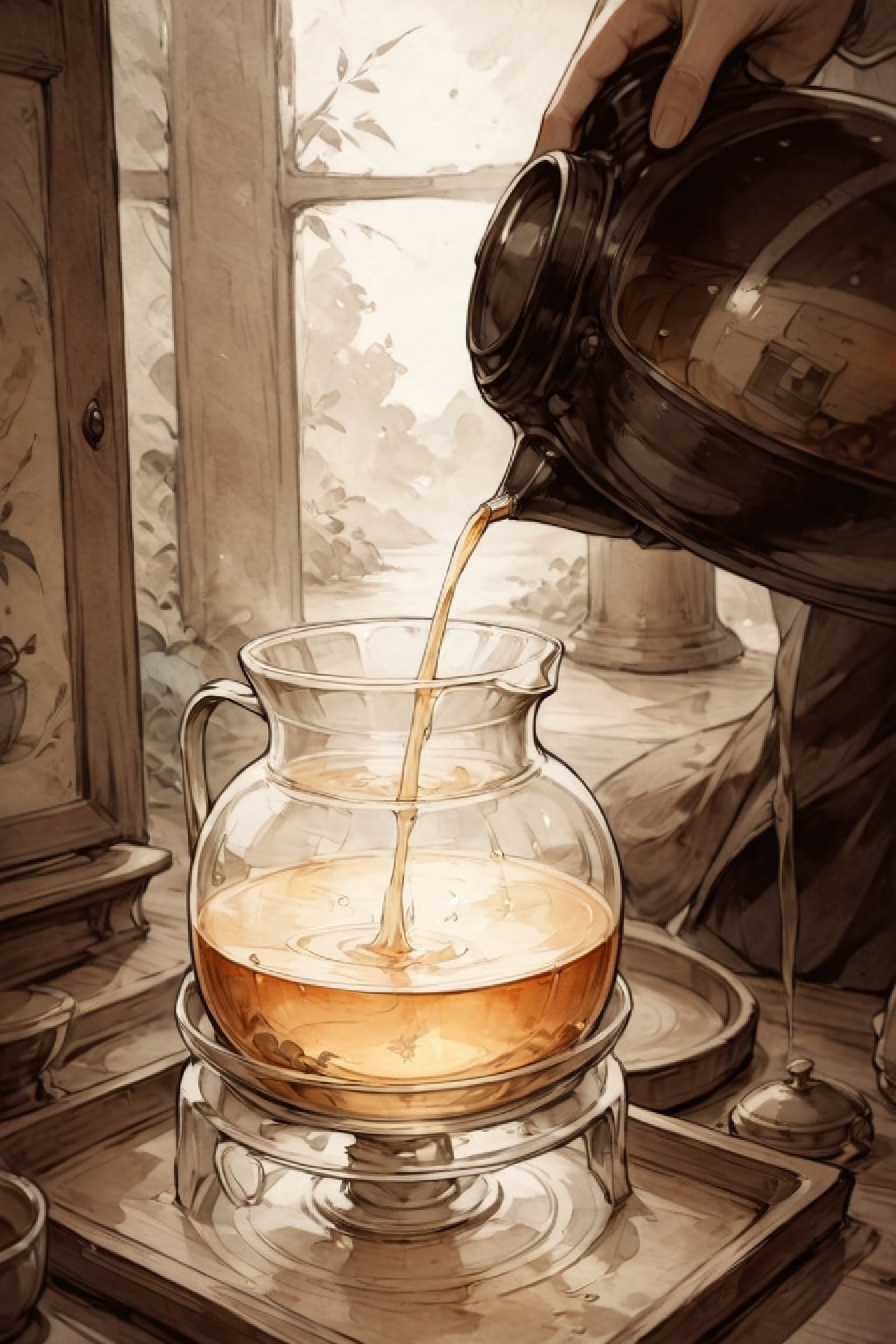 Black tea is yummy and versatile. With its great taste and many health benefits, black tea is no surprise to be the most popular type of tea in the world.
Black tea is yummy and versatile. With its great taste and many health benefits, black tea is no surprise to be the most popular type of tea in the world.
Whether loose-leaf or tea bags, there’s a black tea for everyone. There are many types of black tea out there, including English Breakfast, Assam, and Earl Grey, which is a type of black tea with a citrus blend of lemon and bergamot flavours. So why not try a new black tea today and see for yourself? You can brew the perfect cup of black tea every time with practice and experimentation.
Scroll down past the teas for more information on black loose leaf teas
What is Black Tea?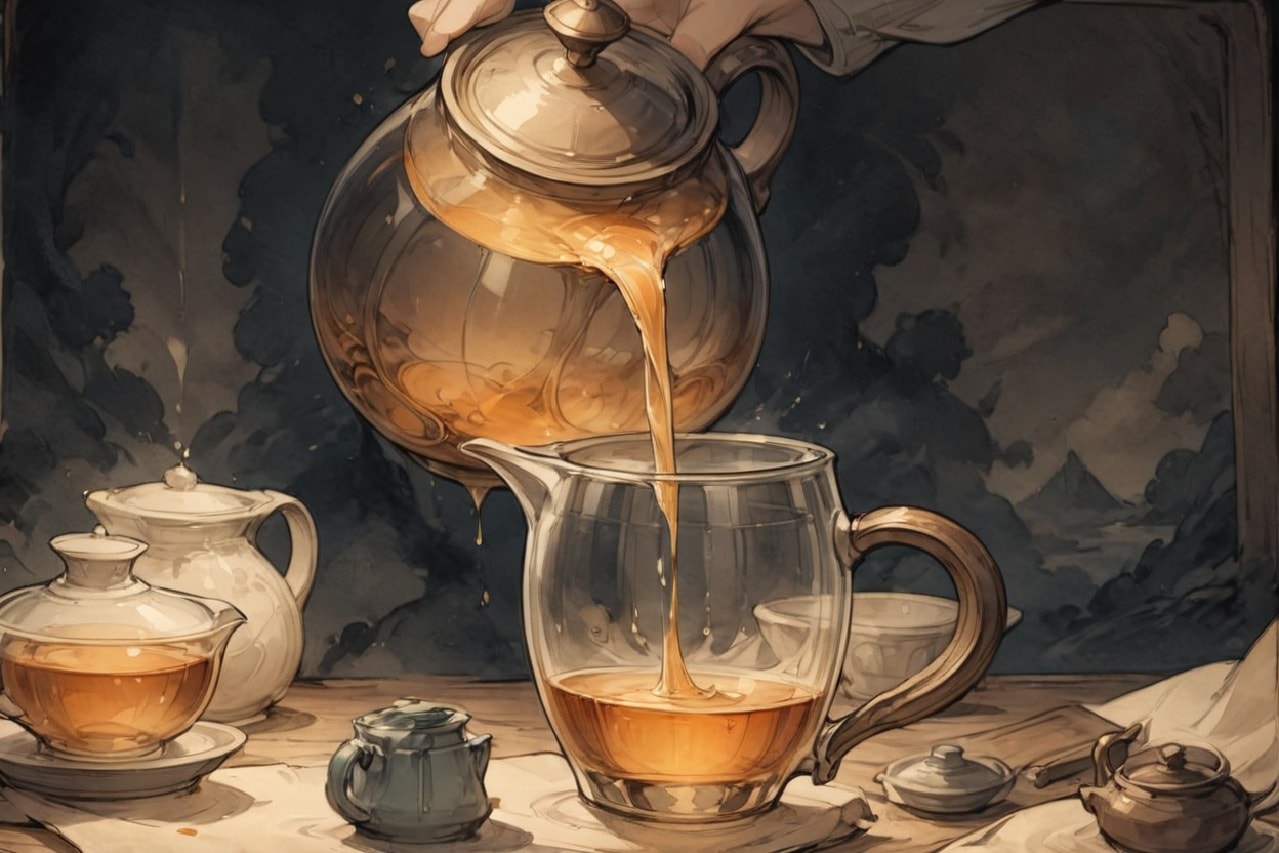
Black tea is a type of tea made from the leaves of the Camellia Sinensis plant, the same plant used to make green tea and white tea. The leaves and buds are harvested and then fully oxidised, which gives black tea its dark brown colour and robust flavour.
Unlike green tea, which is minimally processed, black tea is fully oxidised, which gives it a deeper flavour profile. This is why black tea is a household staple, loved for its comforting and indulgent taste.
Origins and Production
Black tea originated in China and is called “hong cha” or “red tea” because of the reddish colour of the oxidised leaves. Now, black tea is produced and consumed across East and Southeast Asia, including China, Japan, Korea, and Singapore.
The process begins at the tea plantations, where the tea leaves are plucked and withered. They are then crushed and oxidised, which defines the tea’s flavour and aroma. Different regions have their own processing methods, which results in many types of black teas with different tastes and characters.
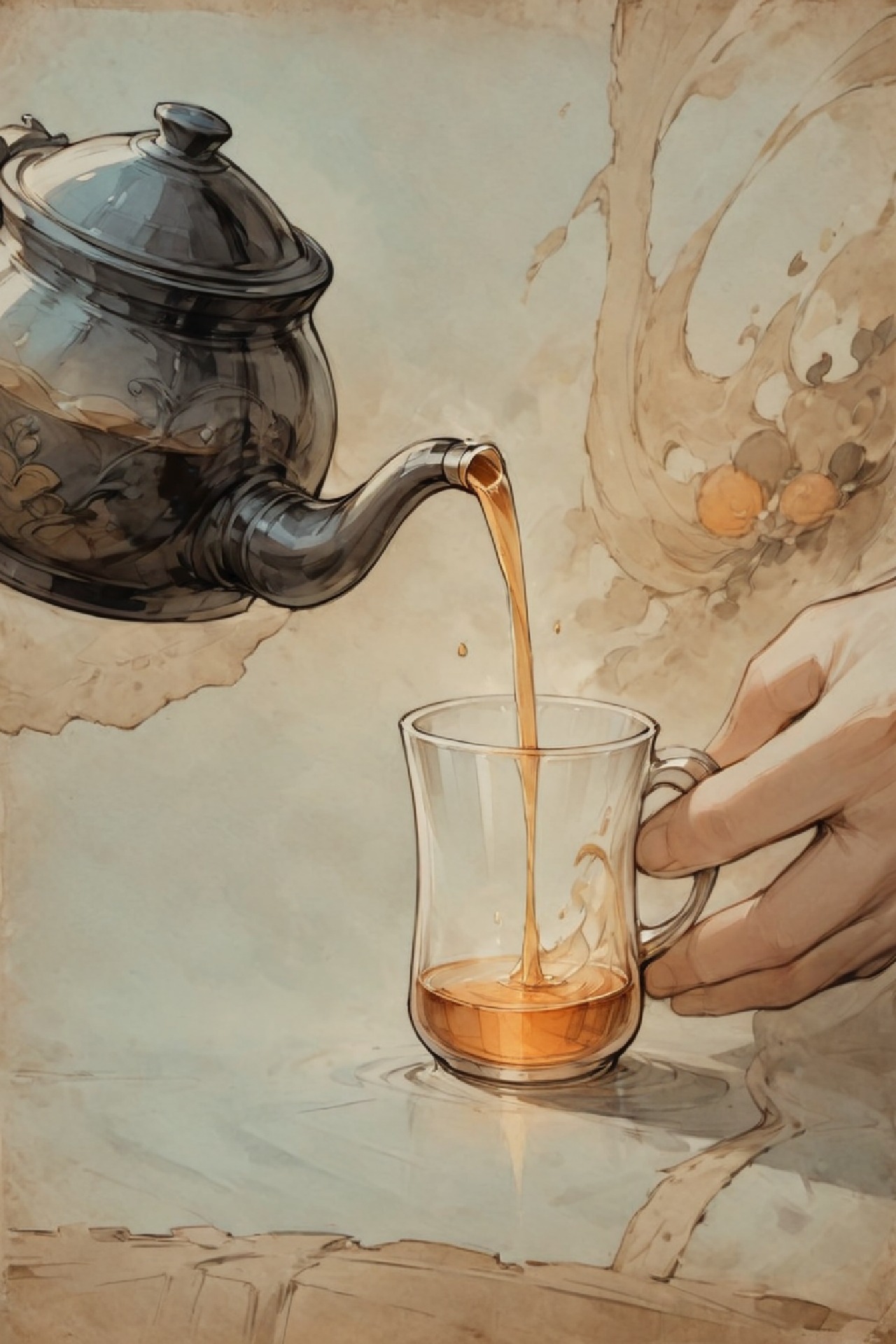
How is Black Tea Made?
The journey of black tea from the Camellia Sinensis plant to your cup involves several steps. It starts with the harvesting of tea leaves, usually done by hand. Skilled pluckers select the best leaves to ensure quality.
Once plucked, the leaves are withered to allow excess moisture to evaporate so they can be rolled. During rolling, the leaves release enzymes, which start the oxidation process. Oxidation is key in black tea production. The rolled leaves oxidise for a period of time, transforming them and giving black tea its dark colour and flavour. The longer the oxidation, the deeper the flavour.
After oxidation, the leaves are fired to stop the process and dried thoroughly to lock in the flavours. Finally, the dried leaves are sorted and graded, which is how we get the many types of black tea we enjoy. The processing of these leaves gives the tea its intense flavour.
Black Tea Varieties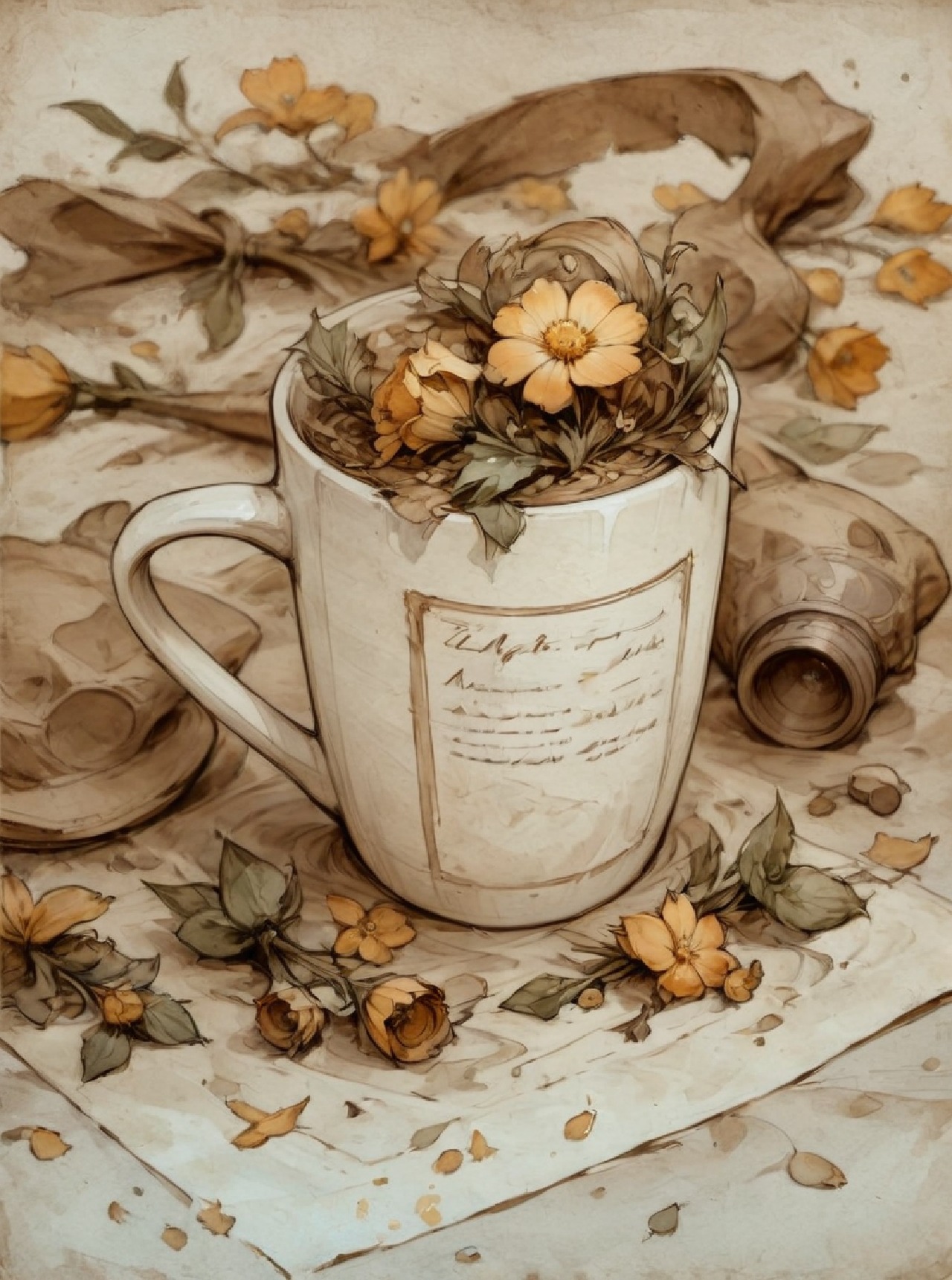
Black tea comes in many varieties, each with a different flavour. Here are some popular types of black tea you might want to try:
-
English Breakfast: Strong and full-bodied, English Breakfast is a classic. It goes well with milk and sugar and is a favourite of many tea lovers.
-
Earl Grey: Infused with lemon and bergamot flavours, Earl Grey is a refreshing twist on black tea.
-
Darjeeling Tea: Called the “Champagne of Teas,” Darjeeling is light, floral, and sweet, perfect for refined tea drinkers.
-
Assam: From India, Assam tea is strong and malty with a full-bodied flavour, suitable for those who like a robust cup.
-
Lapsang Souchong: Smoky flavour. Lapsang Souchong is bold and adventurous.
These are just a few of the many tea types. Each has its characteristics and flavour profile, so it’s worth trying a few to find the one you like.
Health Benefits
Black tea is not just a nice drink; it’s packed with benefits. Rich in antioxidants and polyphenols, it helps protect the body from diseases. Regular consumption of black tea may reduce the risk of heart disease and some cancers.
Theaflavins, a type of polyphenol in black tea, have anti-inflammatory properties, while catechins have antioxidant benefits. And black tea may also reduce the risk of age-related diseases like Alzheimer’s and Parkinson’s. So when you drink black tea, you enjoy a nice cup supporting your health.
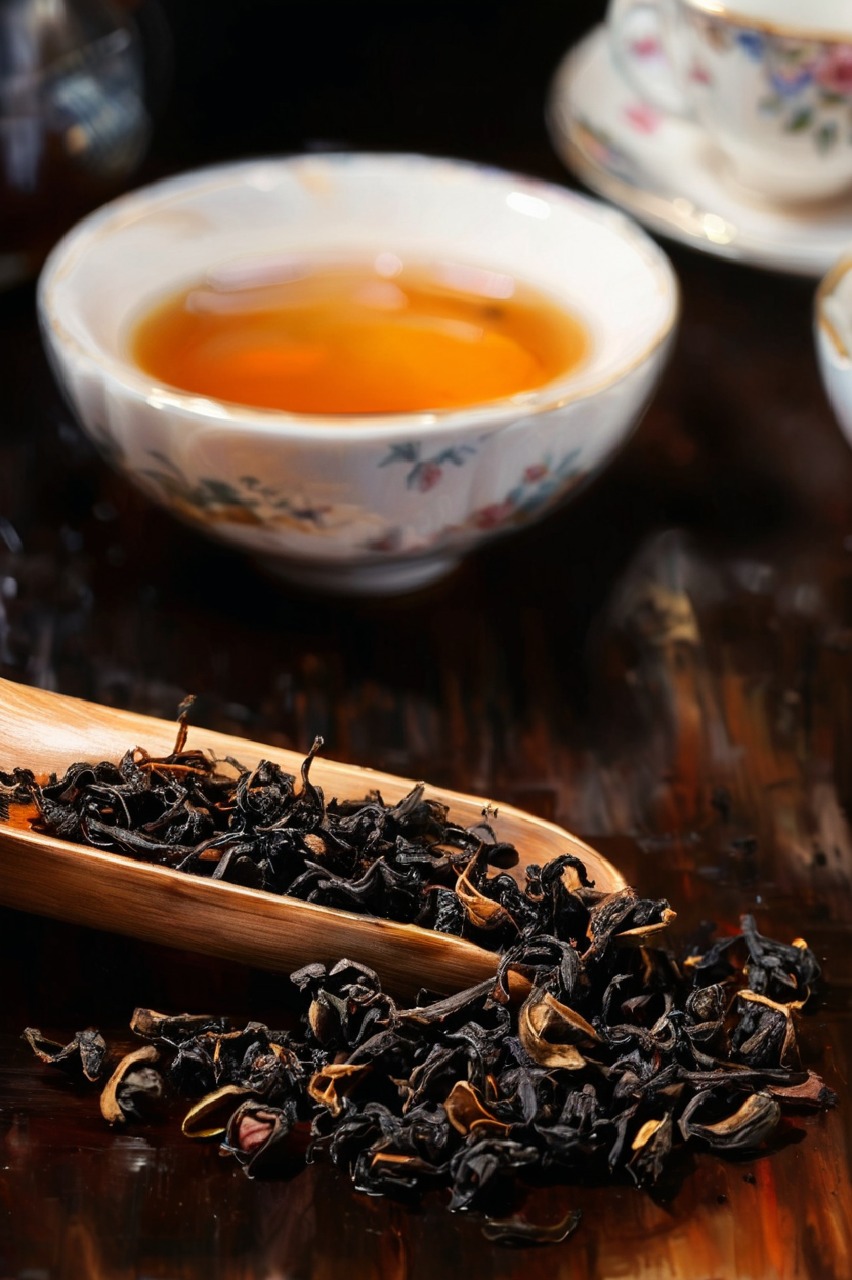
Loose Tea Benefits
When it comes to drinking black tea leaf, tea has several advantages over tea bags:
-
Better Flavour: Loose-leaf tea allows the leaves to unfurl and release their full flavour for a more complex taste.
-
Higher Quality: Often made from better tea leaves, loose-leaf tea is less likely to have additives, resulting in a purer experience.
-
More Control: For a personal cup of tea, you can adjust the amount of tea leaves and steeping time to your taste.
-
Environmentally Friendly: Loose-leaf tea is more sustainable than tea bags, often resulting in waste.
Overall, loose-leaf tea is a more authentic and enjoyable way to drink tea, so it’s a great choice for any tea lover.
How to Drink Black Tea
Black tea is versatile. To brew a good cup, start with fresh, cold water. Don’t pour boiling water over loose-leaf tea or tea bags. Use one tea bag per cup and adjust milk and sugar to taste. Black tea can be drunk hot or cold, with or without milk. For a traditional touch, add milk, honey, or sugar.
Whether you like the strong flavour of English Breakfast or the delicate notes of Darjeeling, there’s a black tea for everyone. Try a few to find your perfect cup.
How to Choose Your Black Tea
With so many black teas to choose from, finding the right one can be fun. Here’s how:
-
Taste: To narrow down your choices, decide if you like intense, bold flavours or light, delicate ones.
-
Occasion: Do you want a tea to drink on its own or one to drink with milk and sugar. English Breakfast is good with milk, and Darjeeling is good.
-
Certifications: Look for Fairtrade or Organic to ensure the tea is sustainably sourced and ethically produced.
-
Reviews: Reading reviews will give you an idea of the flavour and quality to help you decide.
Considering these factors, you can find the perfect black tea. Whether you’re a seasoned tea drinker or new to black tea, there’s one to try.
Conclusion
In summary black tea is a classic drink that has won the hearts of tea lovers worldwide. Its history, varieties and health benefits make it a staple in many cultures. From the strong and full bodied English Breakfast to the fragrant and citrusy Earl Grey there is a black tea for everyone.
The process of making black tea from the careful plucking of the Camellia Sinensis leaves to the meticulous oxidation and drying shows the love and craftsmanship that goes into this beloved drink. Whether you like the convenience of tea bags or the real deal of loose leaf tea black tea has an option for every tea lover.
Moreover, the health benefits of black tea, including its antioxidant properties and potential to reduce the risk of certain diseases, add to its appeal as a daily beverage. By choosing ethically sourced and high-quality black teas, you can enjoy a delightful cup while supporting sustainable practices.
As you explore the world of black teas, remember to experiment with different types and brewing methods to discover your perfect cup. Whether you enjoy it with milk and sugar, a slice of lemon, or simply on its own, black tea is a versatile drink that can be enjoyed at any time of day. So, embrace the rich flavours and aromas of black tea and elevate your tea-drinking experience.

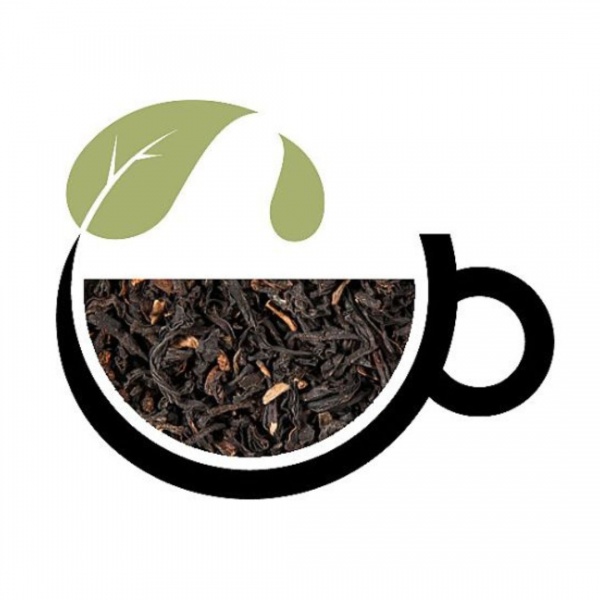
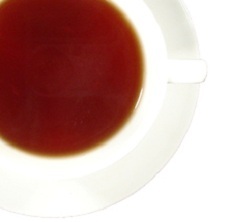
.jpg)
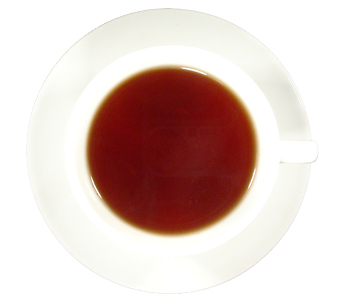


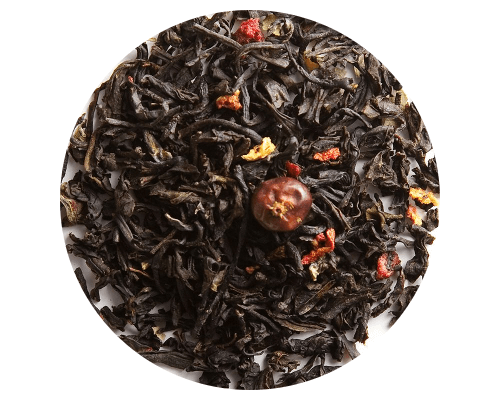

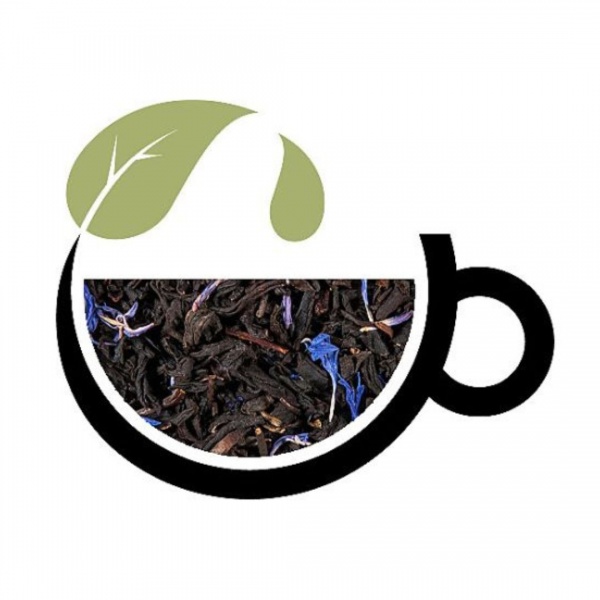
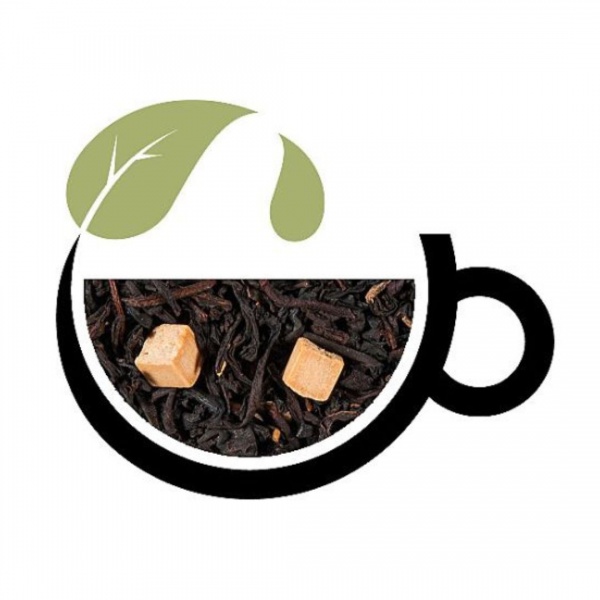
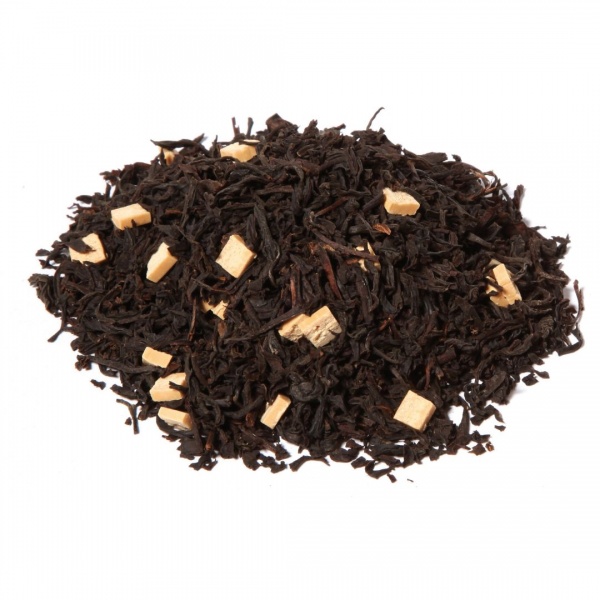
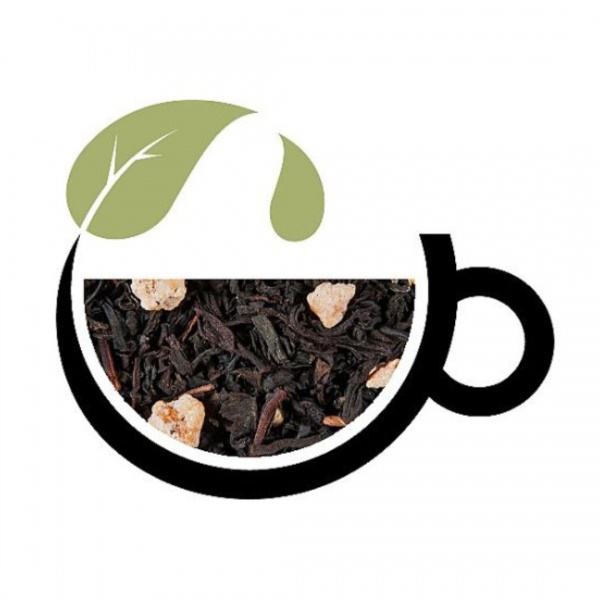
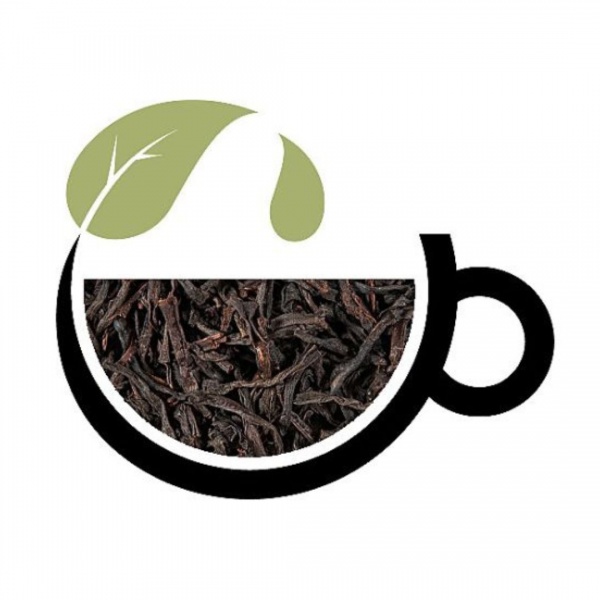
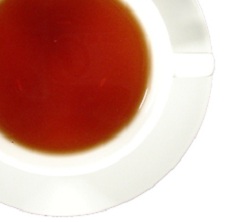
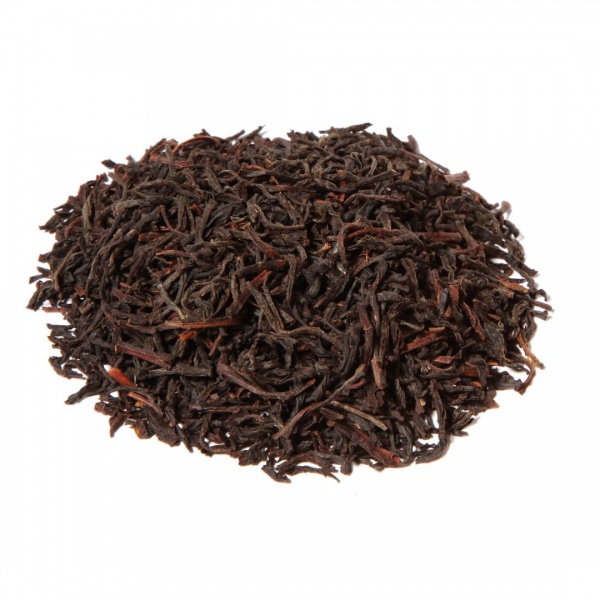
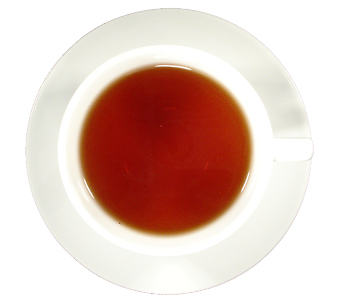
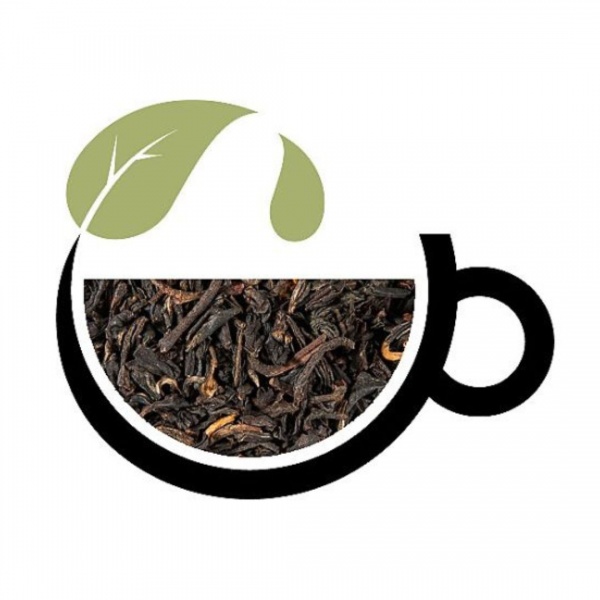
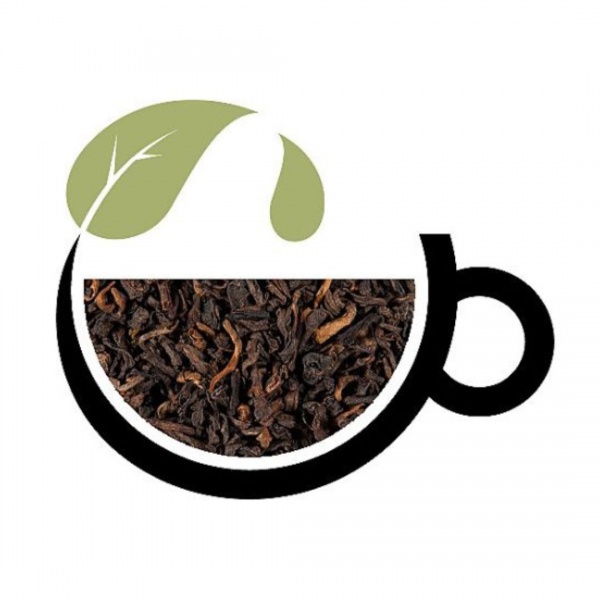
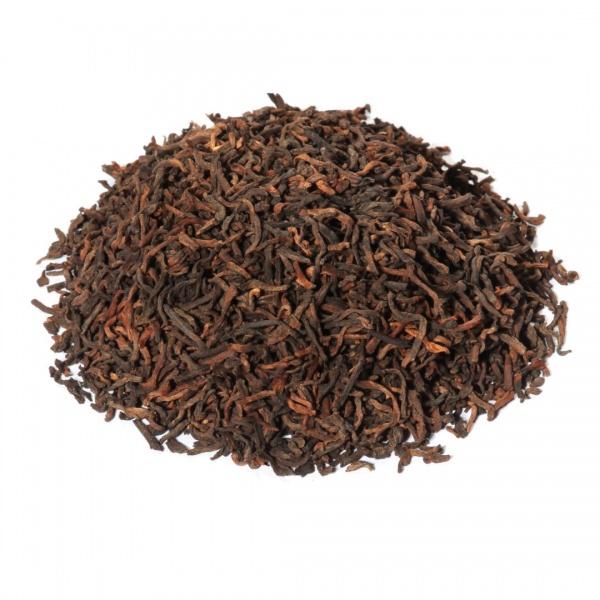
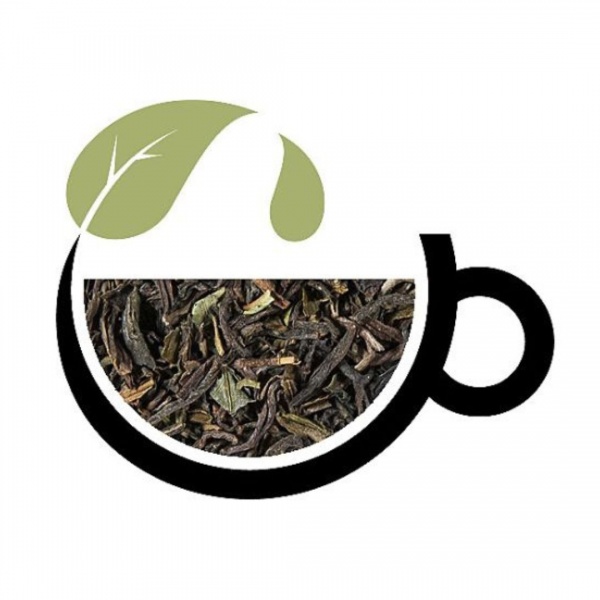
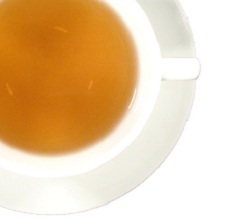
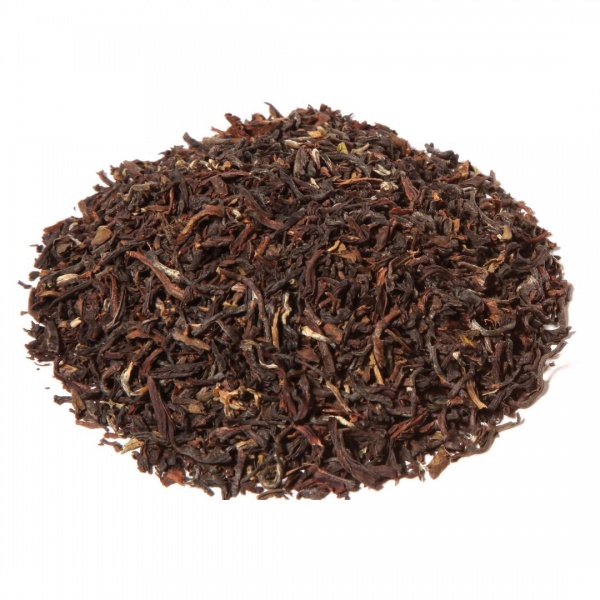
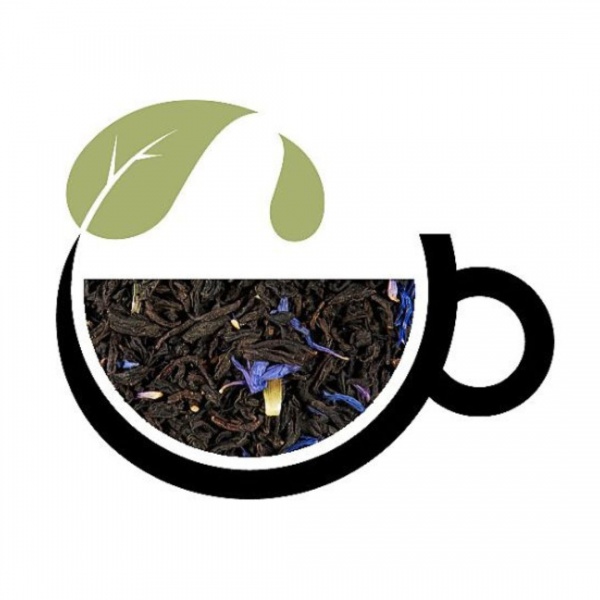
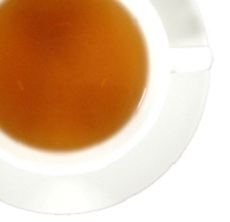
.jpg)
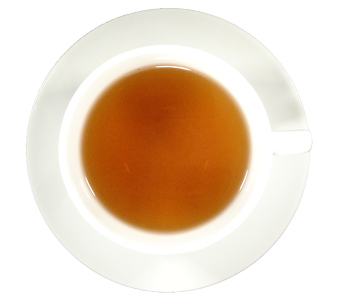
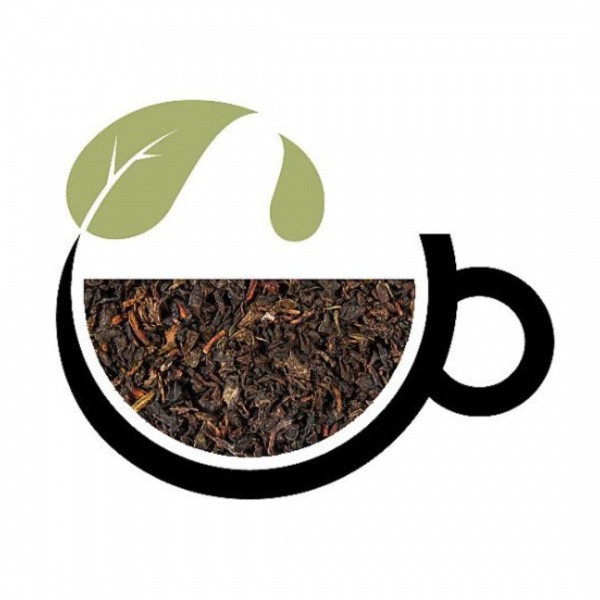
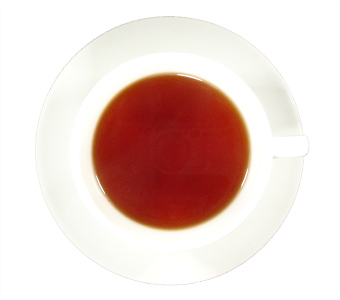
.jpg)
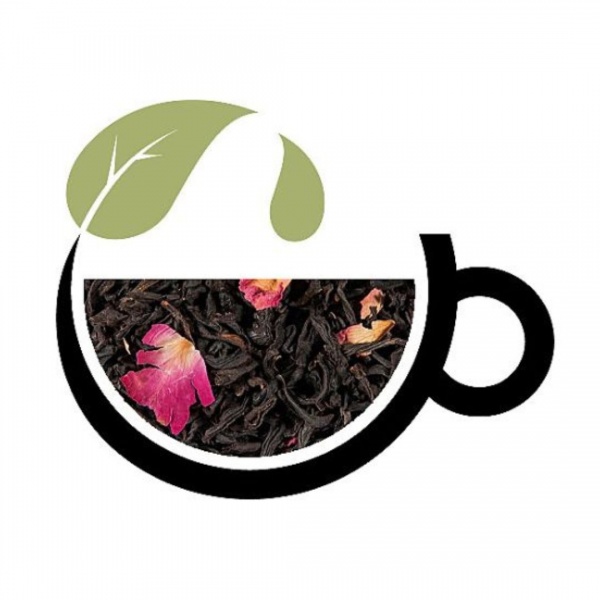
.jpg)
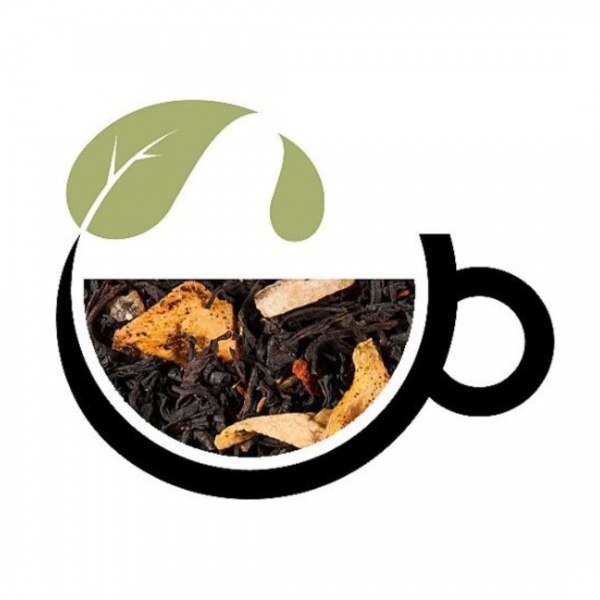
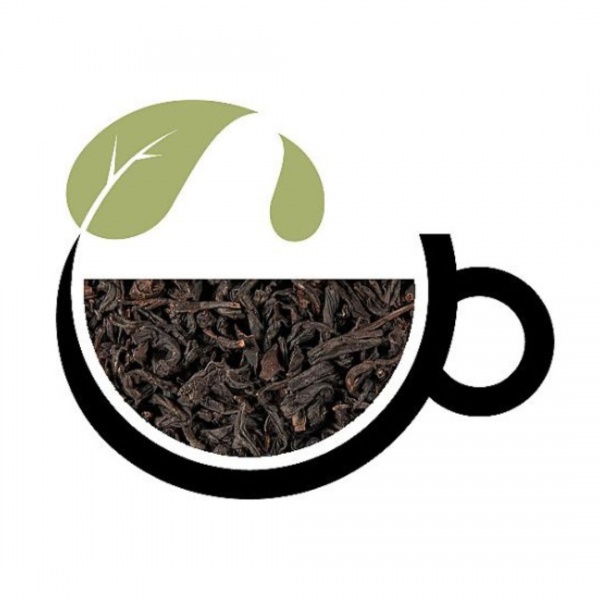
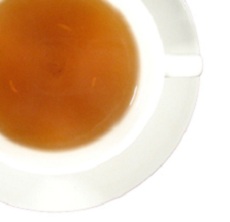
.jpg)
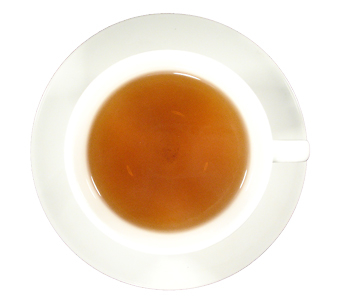
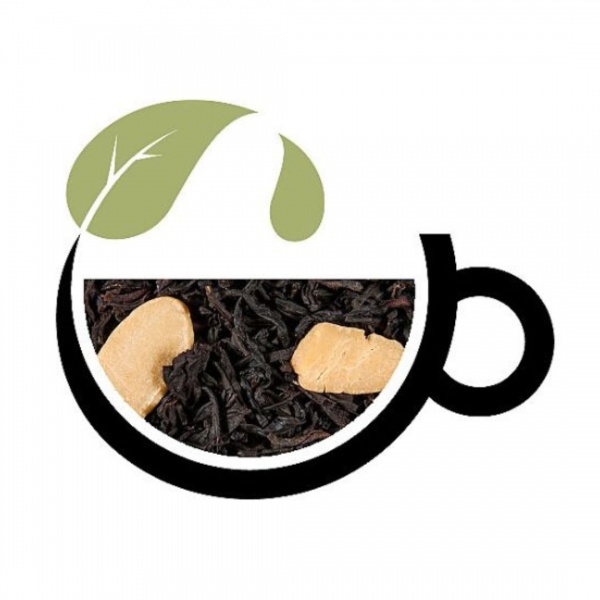
.jpg)
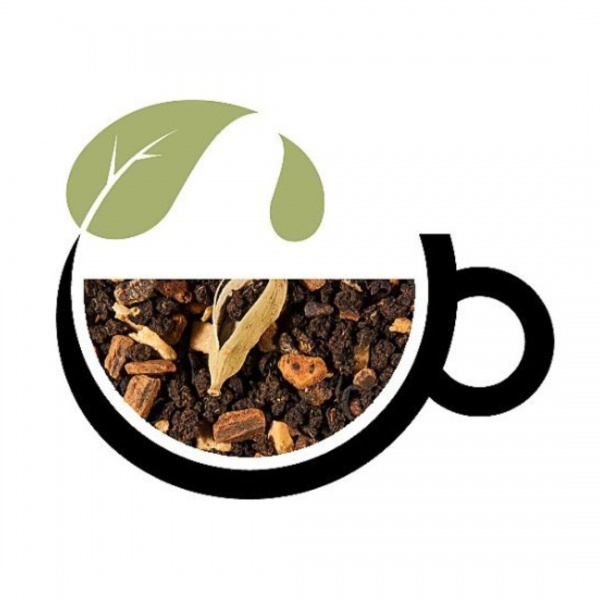
.jpg)
